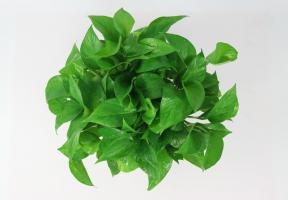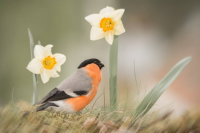Planting time and soil of ginkgo bonsai
When making ginkgo bonsai, you need to choose the right time. Generally, it is better to plant it in spring and autumn. When making bonsai, ginkgo needs to choose a deeper flower pot, because ginkgo itself is a deep-rooted plant. When planting, the soil is generally loose and fertile soil rich in humus, which requires good drainage.
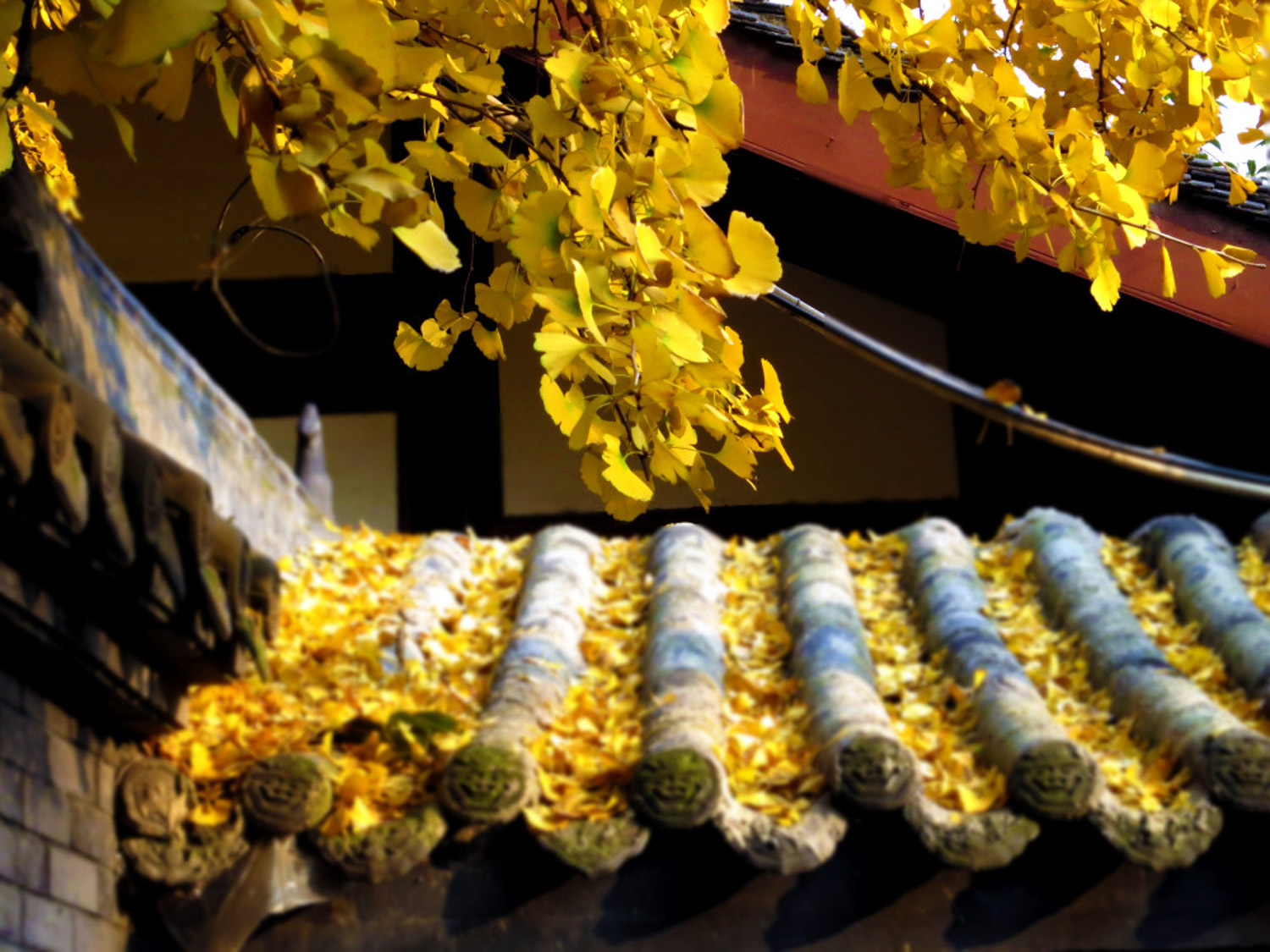
Placement of ginkgo bonsai
When placing ginkgo bonsai, because ginkgo is a plant that likes light, it needs to be placed in a place with sufficient light, and it is best to place it where the air is relatively circulating and the environment is relatively humid. However, in summer, we should pay attention to appropriate shading. In winter, we can overwinter outdoors, but we should pay attention to thermal insulation.

Water and fertilizer management of ginkgo bonsai
When cultivating ginkgo bonsai, it is necessary to keep the basin soil moist and not too dry, but there should be no ponding. In summer, because the temperature is high and the evaporation is strong, it needs to be watered more, once every morning and evening, and less in autumn. When applying fertilizer, it is mainly to apply base fertilizer in winter. In the period of vigorous growth in spring and summer, topdressing should be carried out in time, usually with thin fertilizer and water, which can promote the growth of branches and leaves.
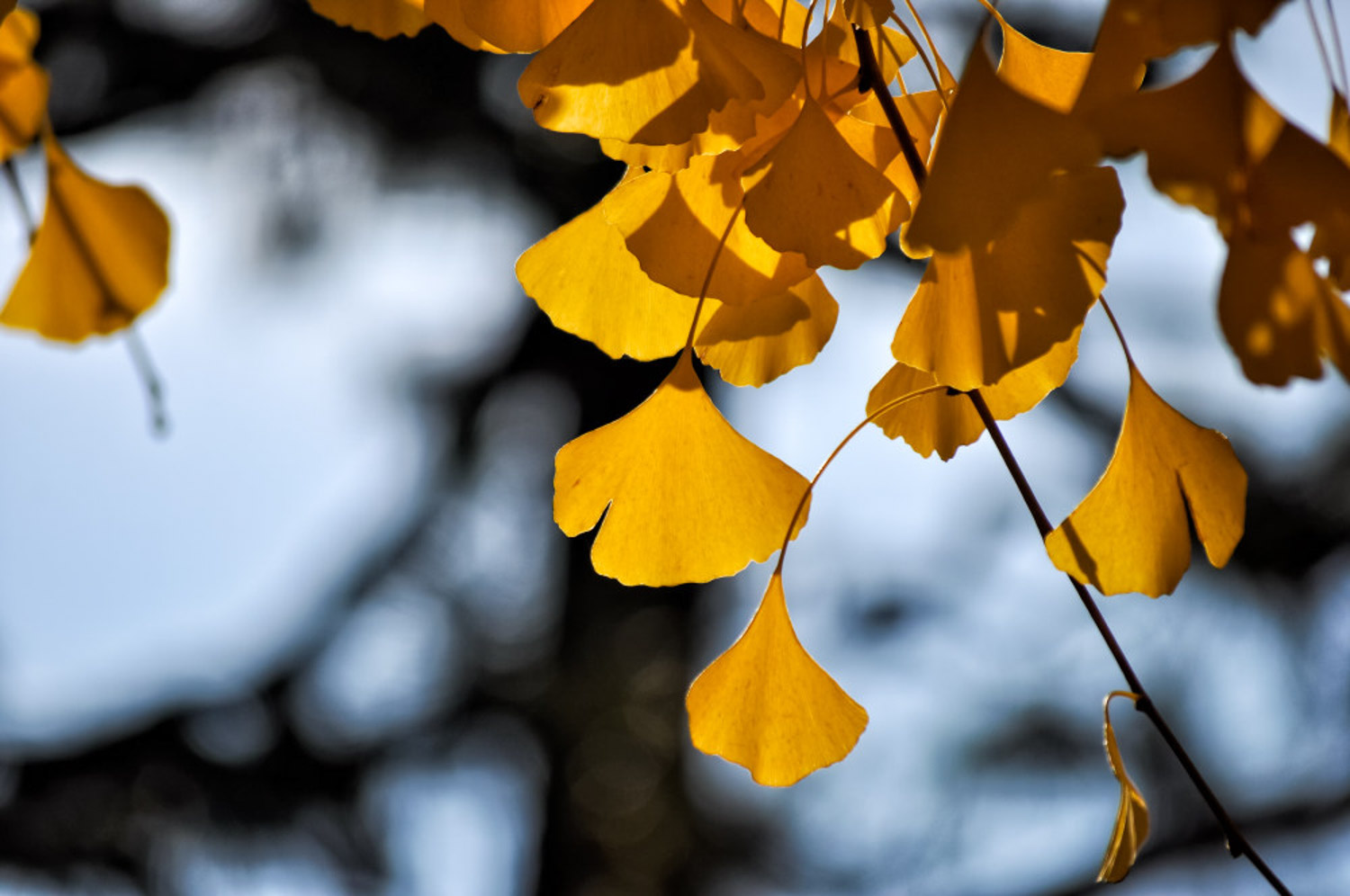
Pruning of ginkgo bonsai
The bonsai of Ginkgo biloba needs to be trimmed to maintain a good shape. In spring, Ginkgo biloba begins to sprout. At this time, it can be pruned. The branches should be kept in a relatively sparse state. If the bonsai is relatively low, just keep 3-5 branches. In order to shape the shape, the branches can be bound or trimmed to achieve a certain ornamental effect.
Ginkgo bonsai should be turned in time
The turning of Ginkgo biloba is usually carried out once every two years, at the spring equinox. The root system of Ginkgo biloba is relatively developed, so when turning the pot, you can properly trim the root, remove part of the soil, and then put it on the pot again.
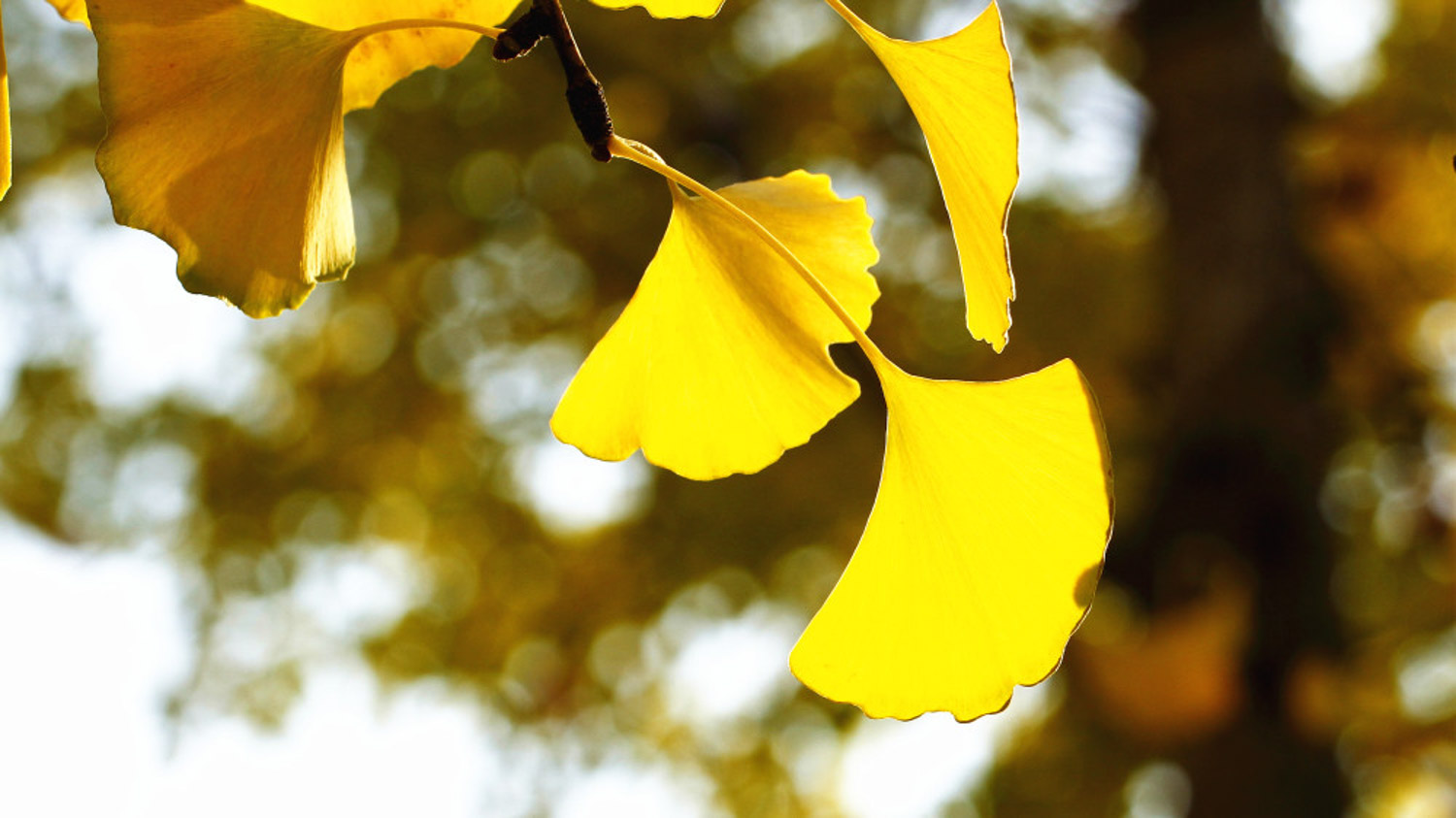

 jackfruit
jackfruit snake plant
snake plant hibiscus
hibiscus hydrangea
hydrangea lavender
lavender Green roses climb al...
Green roses climb al... If you don't pay att...
If you don't pay att... Management of four g...
Management of four g...
